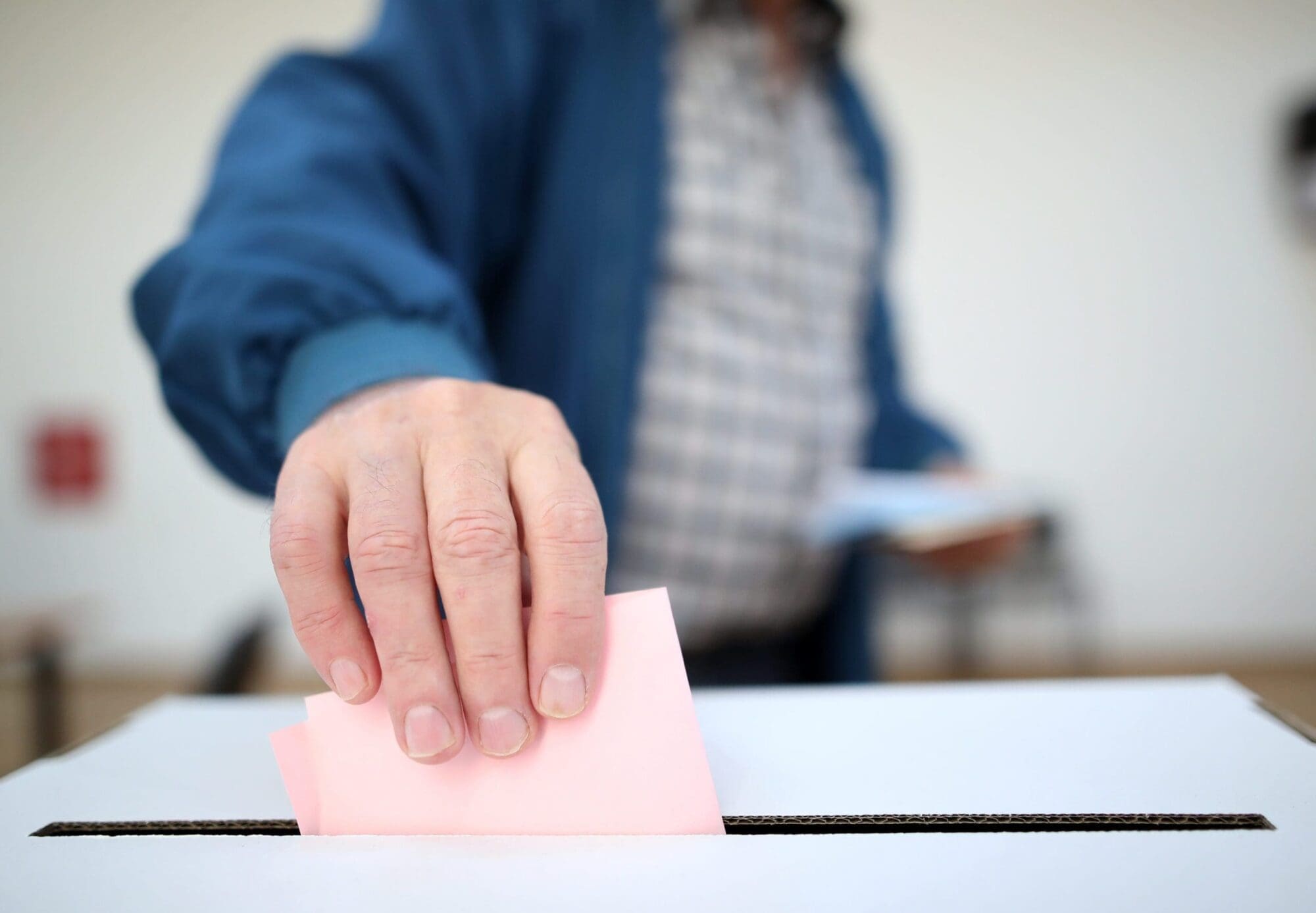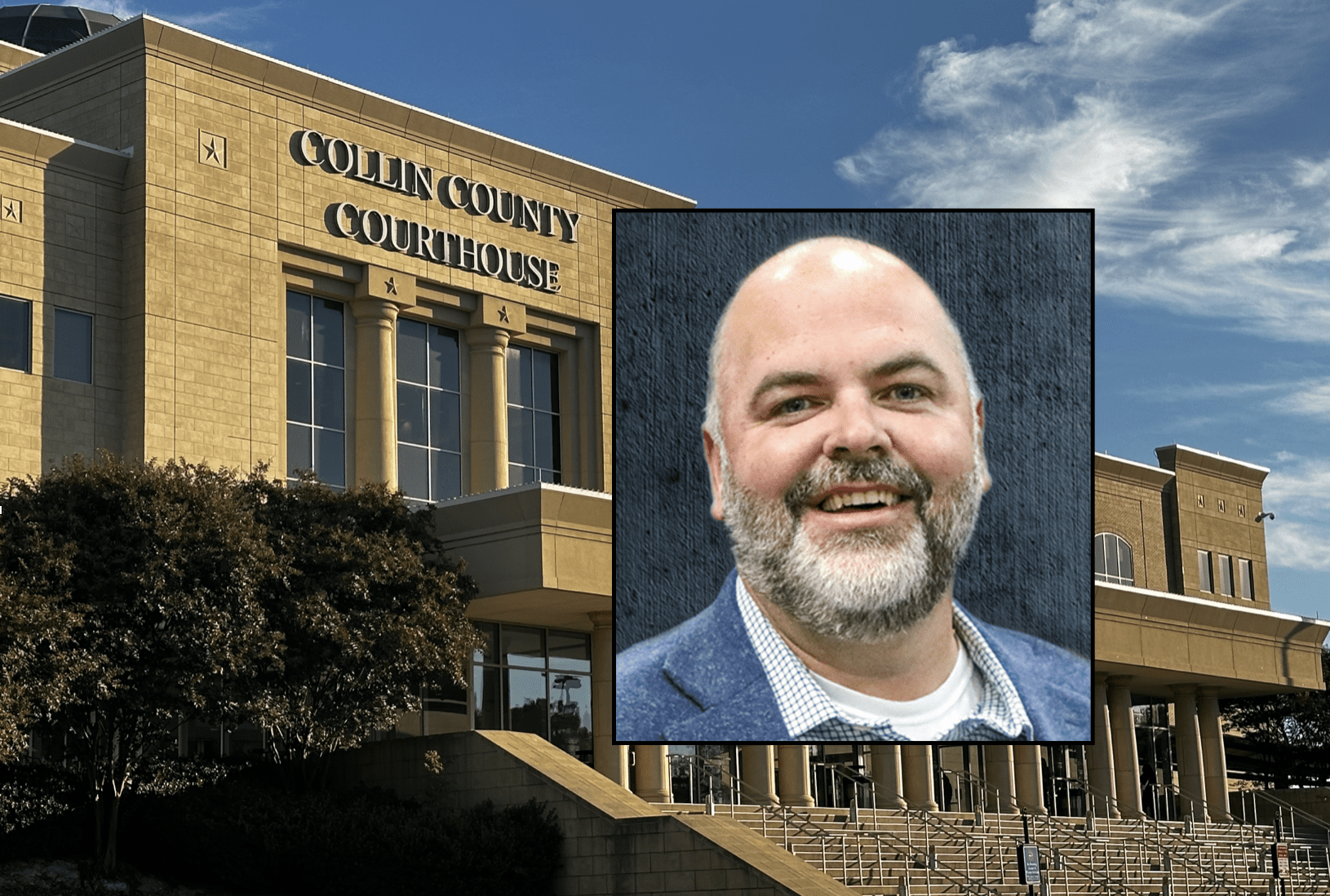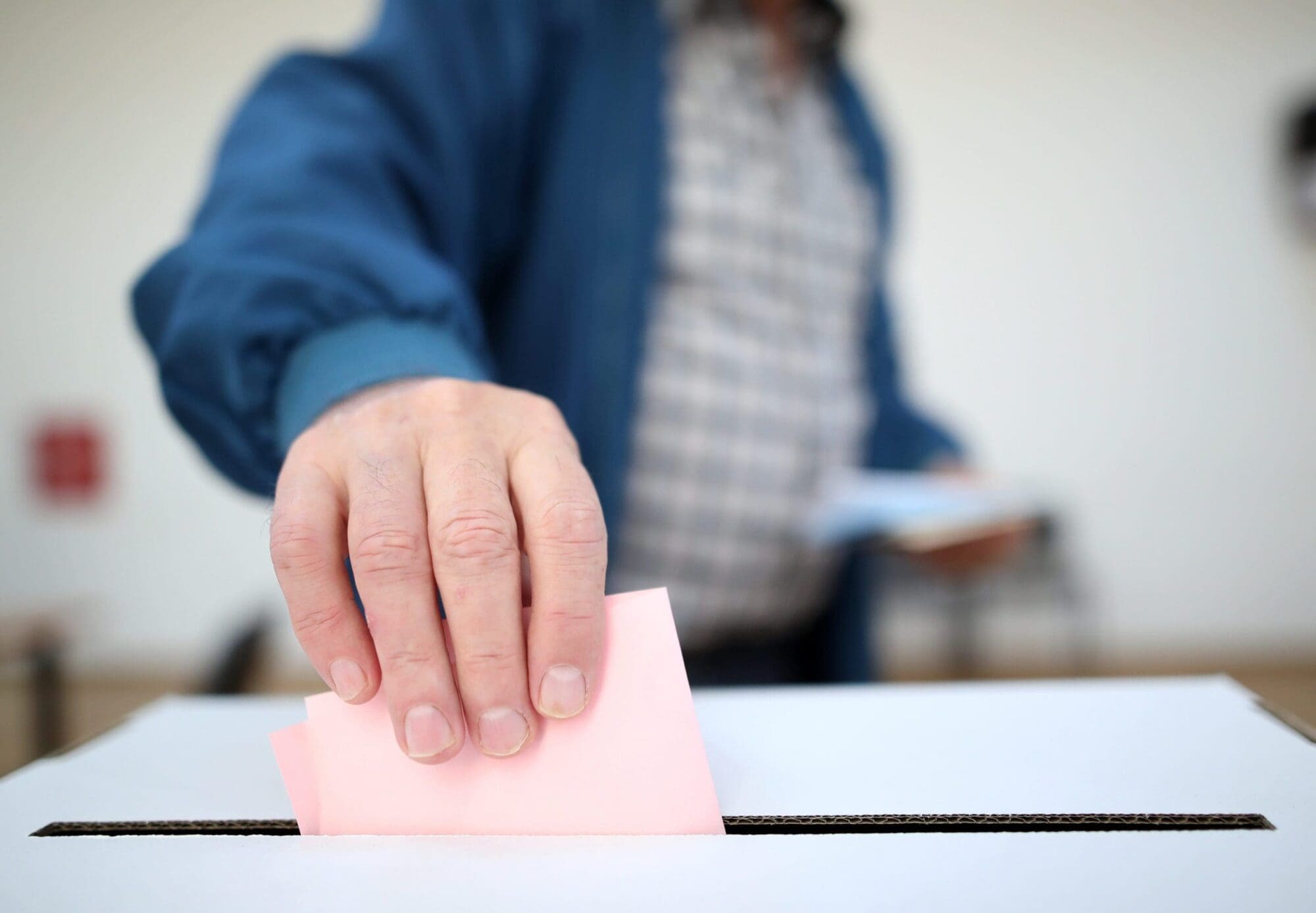Election integrity is once again a top priority for Republican voters heading into the 88th Texas Legislative Session that begins on January 10, and GOP lawmakers have already begun filing bills to make elections more secure.
The Legislature passed several significant reforms in 2021, including comprehensive reform measure Senate Bill 1, but grassroots GOP activists say more needs to be done to secure Texas elections against fraud and mismanagement.
A string of botched elections this year in Harris County—the largest county in Texas with 15 percent of the state’s registered voters—highlights the need for improvements in how elections are administered.
Thousands of GOP delegates at the party’s state convention in June chose election integrity as one of the Republican Party of Texas’ top legislative priorities for the upcoming session and identified several measures for protecting Texas elections:
- Restore felony penalties and enact civil penalties for Election Code violations, which shall be enforceable by any Texas jurisdiction, including the Texas Attorney General.
- Require citizenship verification of each voter.
- Restrict the distribution of mail-in ballots to only disabled, military, and citizens that are out of county.
- Reduce the time allowed for early voting, and eliminate the three-day gap between early voting and election day.
- Establish closed primaries in Texas.
- As technology evolves, we encourage the passage of legislation that ensures the security of our elections.
Lawmakers in both parties began filing bills on November 14.
At a State Republican Executive Committee meeting over the weekend, the RPT’s Legislative Priorities Committee began identifying specific bills that align with the party’s priorities.
Four bills filed by Republicans match the priority of restoring felony penalties for illegal voting offenses, which were reduced to misdemeanors by an amendment to SB 1: House Bill 52 by State Rep. David Spiller (Jacksboro), House Bill 222 by State Rep. Bryan Slaton (Royce City), House Bill 397 by State Rep. Craig Goldman (Fort Worth), and Senate Bill 166 by State Sen. Bryan Hughes (Mineola).
The committee also identified House Bill 239 by Slaton as matching the party’s priority for closed primaries.
Legislative Priorities Chair Jill Glover said it was also the consensus of committee members that Texas needs to withdraw from the Electronic Registration Information System (ERIC), a nationwide service used to verify that states’ voter rolls are accurate and identify voters who register and vote in multiple states, which she said is “not performing as expected.”
Texas Election Code requires the state to participate in a national voter registration crosscheck program; at this time, ERIC is the only such program.
Glover said committee members also believe that voting machines “are too prone to error and fraud and that we must return to paper ballots and paper poll books, counted in precincts.”
SREC members also passed a resolution calling for Harris County’s November 8 general election to be repeated because Elections Administrator Clifford Tatum “did not administer a fair election in which every legal vote was counted.”
A Republican judicial candidate in Harris County has filed an election contest seeking to re-do her race, which was decided by a “razor-thin” margin of 0.26 percent of the vote.
Throughout the legislative session, Elections Sub-Committee Chair Devvie Duke will be tracking the progress of all the SREC’s priority election bills.
Dozens of other measures that would impact election security have been filed by both Republicans and Democrats.
State Sen. Paul Bettencourt (R–Houston) and State Rep. Valoree Swanson (R–Spring) have filed companion measures, Senate Bill 220 and House Bill 549, that would authorize the secretary of state to appoint specially trained election marshals empowered to investigate alleged election code violations, take action to enforce compliance with election laws, and file criminal charges when warranted. The bills also prioritize judicial reviews of election complaints.
A similar bill filed by Bettencourt in 2019 passed the Senate but failed to receive a committee hearing in the House.
Senate Bill 260, filed by State Sen. Lois Kolkhorst (R–Brenham), requires county voter registrars to confirm that voters are registered at residential addresses, not businesses or commercial post office boxes.
Democrats have filed multiple bills to expand mail-ballot voting to all voters, allow same-day voter registration, extend early voting, and allow 17-year-olds to vote in primaries.
State Sen. José Menéndez (D–San Antonio) and State Rep. Terry Meza (D–Irving) filed identical measures, Senate Bill 117 and House Bill 499, to eliminate the state’s countywide polling place program—proposals that could pick up support from some Republicans who want to return to precinct voting on Election Day.
Lt. Gov. Dan Patrick, who presides over the Texas Senate, gave a nod to election integrity when previewing his legislative priorities for the upcoming session, calling to “restore voter fraud to a felony” and “ensure timely counting of votes and review of machines.”
Earlier this year, Patrick told delegates at the Republican Party of Texas convention that the Senate would be persistent in passing election integrity legislation.
“We are going to keep sending them the bill until they pass it,” Patrick promised.
Texas Gov. Greg Abbott has yet to release his priorities for the session, and the Texas House will not formally select a speaker to lead that chamber until the first day of the session.
Republicans will once again control the state House and Senate as well as all the governor’s office, leaving no excuse for failure to pass GOP-priority legislation.





